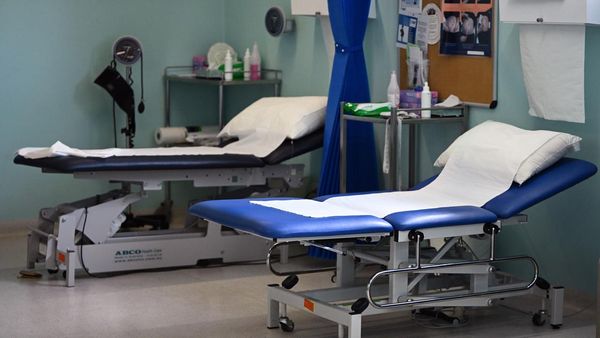
Sydneysiders have been urged to stay alert for symptoms of legionnaires’ disease after seven people were hospitalised after contracting the respiratory illness over Christmas and the new year.
New South Wales Health issued an alert on Wednesday afternoon, warning those who had been in the Sydney CBD area in the past 10 days to monitor for symptoms, which can include fever, chills, cough and shortness of breath. The disease can lead to severe chest infections.
Three women and four men had been hospitalised for pneumonia caused by legionella bacteria after independently visiting locations between Bathurst Street, Sussex Street, Elizabeth Street and Circular Quay in the 10 days prior to developing symptoms.
The patients are of various ages, from their 20s to their 70s.
In a statement, NSW Health said environmental health officers were working with the City of Sydney council to inspect cooling towers for possible contamination with legionella bacteria, and urged building managers to ensure cooling towers were being operated and maintained in line with public health regulations.
Legionella bacteria infects the lungs when people breathe air containing contaminated water droplets or dust. The two main kinds of legionella bacteria in NSW are generally found in air conditioning cooling towers and bodies of water such as spas, and soil or potting mix.
People who develop legionnaires’ disease require a chest X-ray or urine or sputum test to be properly diagnosed, and generally need hospitalisation and antibiotics. Those who become sick usually do so between two and 10 days of being exposed to the bacteria.
Legionnaires’ disease is sometimes fatal. It is not contagious through in-person contact. Those most at risk are people with suppressed immune systems or pre-existing lung conditions.










